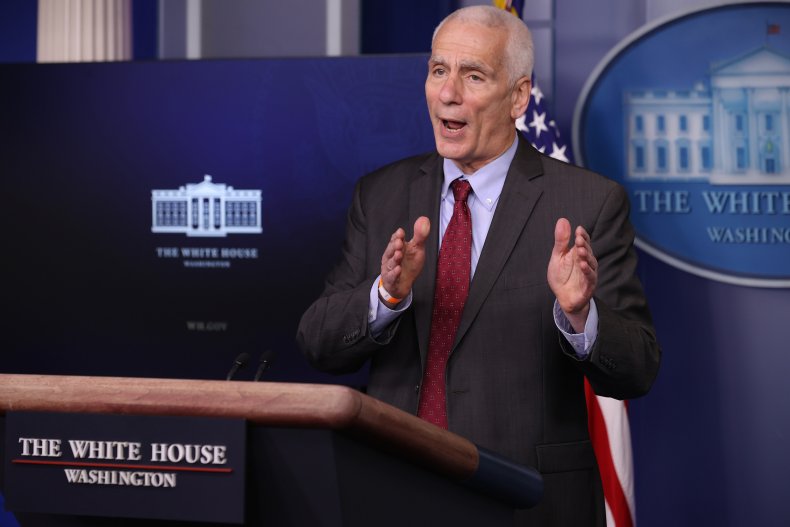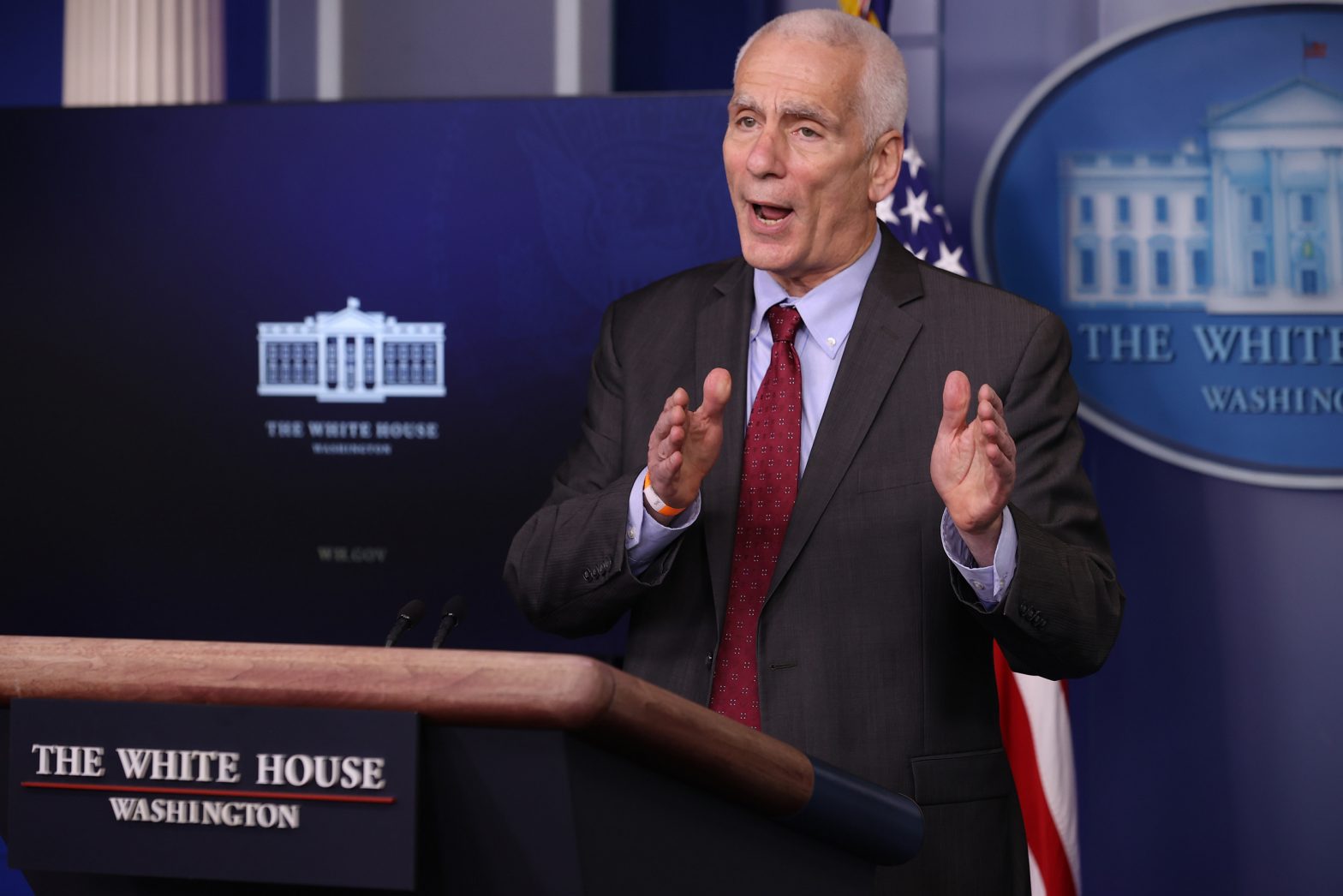After the number of U.S. workers voluntarily quitting their jobs reached a record high in September, White House Council of Economic Advisers member Jared Bernstein framed the labor crunch as a “good sign,” saying that employees now have more leverage to negotiate better-paying roles.
More than 4.4 million employees left their jobs last month, the highest figure in two decades, and a rise of about 164,000 from the last record set in August of 4.3 million, according to the Labor Department’s monthly Job Openings and Labor Turnover Survey released Friday.
As employers contemplate raising wages to attract workers amid their struggle to fill millions of jobs, Bernstein contended that the shortage is “often misinterpreted as a bad sign, when from a worker’s perspective it’s actually a good sign.”
“The reason it’s a good sign,” he said on MSNBC Saturday, “is because, at a time of very strong labor demand, those kinds of conditions mean that there are lots of good higher-paying opportunities for workers to engage in upward mobility and that’s what the quit rates are telling us at a time like this.”

Chip Somodevilla/Getty Images
Workers are not quitting and leaving the labor market, according to Bernstein—they’re mostly quitting so that they can move up the scale to a better job.
“From a perspective of working people, this is them exercising some of their bargaining power characteristic of this Biden boom,” he added.
Job openings came in at 10.4 million at the end of September, only a slight drop from a record 11.1 million in July during the onset of a summer COVID surge that was driven by the highly contagious Delta variant.
As businesses recover from the economic fallout of pandemic-related lockdowns, economists have cited a continued disruption to child care and individual concerns about becoming infected with the virus as reasons for the lagging return. Industries that require employees to work in-person—including health care, hospitality, and manufacturing—account for the highest portion of employee resignations.
Some economists agree that workers could be quitting to find better employment. Others have suggested that understaffing may have also placed further stress onto the remaining workers amid a period of overall declining mental health and pandemic-induced uncertainty, causing further resignations.
The extraordinarily high demand for workers boosted annual wage growth to 4.9 percent in October. However, the increase has been overshadowed by the pace of inflation, which has led to an overall drop in real earnings and purchasing power for employees in most industries.
Newsweek reached out to the White House for further comment.
